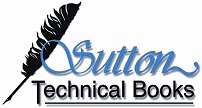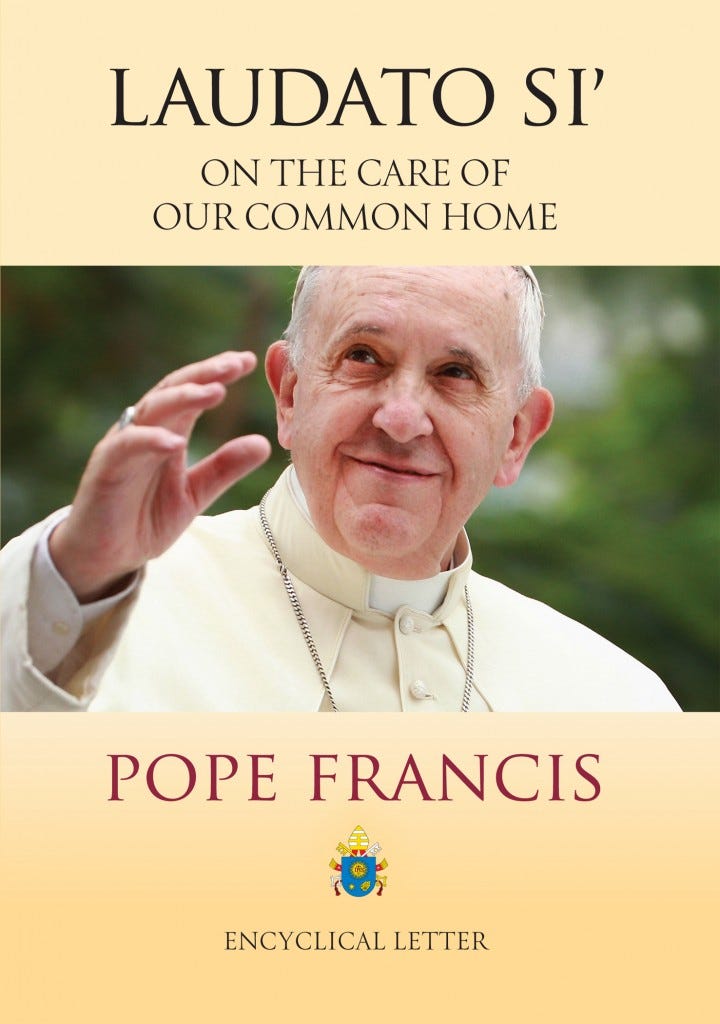Who's the (Climate Change) Expert?
This blog is based on the post Who's the (Climate Change) Expert?
One of the problems to do with climate change is that everyone has an opinion, regardless of whether they have done the necessary research and analysis. In this post we consider some of the attributes that make someone qualified to speak on the topic.
One of the many challenges that we face when talking about climate change is figuring out who to believe. At events such as the recent COP26 in Glasgow, Scotland much of the reporting featured statements from many self-proclaimed experts. Yet we need to ask, “What is their authority? What makes them an expert? Why should I give credibility to what they say? What does the word ‘expert’ even mean in such a new and difficult to understand topic?”
With regard to climate change reporters often grant the status of "expert" to climate scientists. The catch is that no one can be an expert in more than a tiny piece of the climate change puzzle. And climate science is itself divided into narrower areas of expertise such as the effect of cloud cover, ocean acidification or solar cycles. Each one of these topics is immensely complex and requires much research and analysis.
Moreover, the fact that someone understands why the climate changes does not mean that he or she has any special proficiency as to how society can or should respond. Climate change has many, many strands including technology, ecology, government policy and finance. There is no reason to believe that a climate scientist has particular expertise in these areas. Indeed, not even a climate scientist can claim to understand the overall topic.
(The same argument applies to any specialist. An engineer may understand carbon capture technology, a tax lawyer may have expert knowledge to do with carbon credits, a geologist may understand the concept of Energy Returned on Energy Invested. But their specialized knowledge does not ipso facto make them experts on the overall topic of climate change. )
In fact the best insights come not from experts but from generalists.
A Papal Encyclical
Here’s an illustration of the insights provided by generalists. The Roman Catholic church, headed by Pope Francis, published the Encyclical Laudato Sí, which is to do with climate change, in the year 2015. The Vatican brought in experts from many areas, including people from other faiths. Based on his understanding of that document Francis drew moral conclusions as to how we should respond. Yet the Pope is not a climate expert — he is a religious leader. Consequently, there were many people who challenged the Pope’s authority to comment on climate change on the grounds that he is not a climate scientist.
For example, Rick Santorum — a devout Catholic— said that while he loves Pope Francis, he thinks the Pope should leave discussions about climate change to scientists. At the time he made the comment Santorum was running to be the Presidential candidate of the Republican party. The irony of his point of view is that, had he become President, he himself would have been called on to make policy decisions to do with climate change, even though he probably knows less about the topic than Pope Francis. We need experts to provide the necessary and vital information that allows us to make decisions and set policy, but we cannot rely on the experts to interpret the big picture or to set policy. We need to rely on generalists.
Education and Knowledge
In order to understand highly complex topics such as climate change we need people who are educated as distinct from merely knowledgeable. Only when a person is educated in the topic of climate change - in all its ramifications - is he or she qualified to venture an opinion on the topic, or to critique the work of others.
The importance of having educated citizens is hardly new. Nearly 2,500 years ago the philosopher Aristotle struggled with the same issues. He said,
Every systematic science, the humblest and the noblest alike, seems to admit of two distinct kinds of proficiency; one of which may be properly called scientific knowledge of the subject, while the other is a kind of educational acquaintance with it. For an educated man should be able to form a fair off-hand judgment as to the goodness or badness of the method used by a professor in his exposition. To be educated is in fact to be able to do this . . .
We see that Aristotle makes a clear distinction between “scientific knowledge” and “educational acquaintance”. A person who possesses “educational acquaintance” to do with a topic is not an expert, but he or she can distinguish between sense and nonsense to do with that topic. Were he alive now, Aristotle would probably judge Pope Francis to be better educated than Rick Santorum.
This view of education lies behind the “Uni-” in “University” — a goal that has been pretty well abandoned by now. It also defines the true meaning of the world liberal — someone who is liberated to think freely and to form balanced conclusions (another word that has lost meaning).
In Aristotle’s time the amount of knowledge available to people was far more limited than it is now. Now we are swamped with TMI, Too Much Information. Hence it is more difficult to become “educated” in the manner just described, but it is still important to make the effort.
How we can set about being educated on climate change or any other complex, technical topic is a matter for future posts. In the meantime, whenever we see someone quoted as being an expert on climate change we should ask whether that person is truly educated or whether they are merely an expert in one small sliver of the overall climate change phenomenon.

